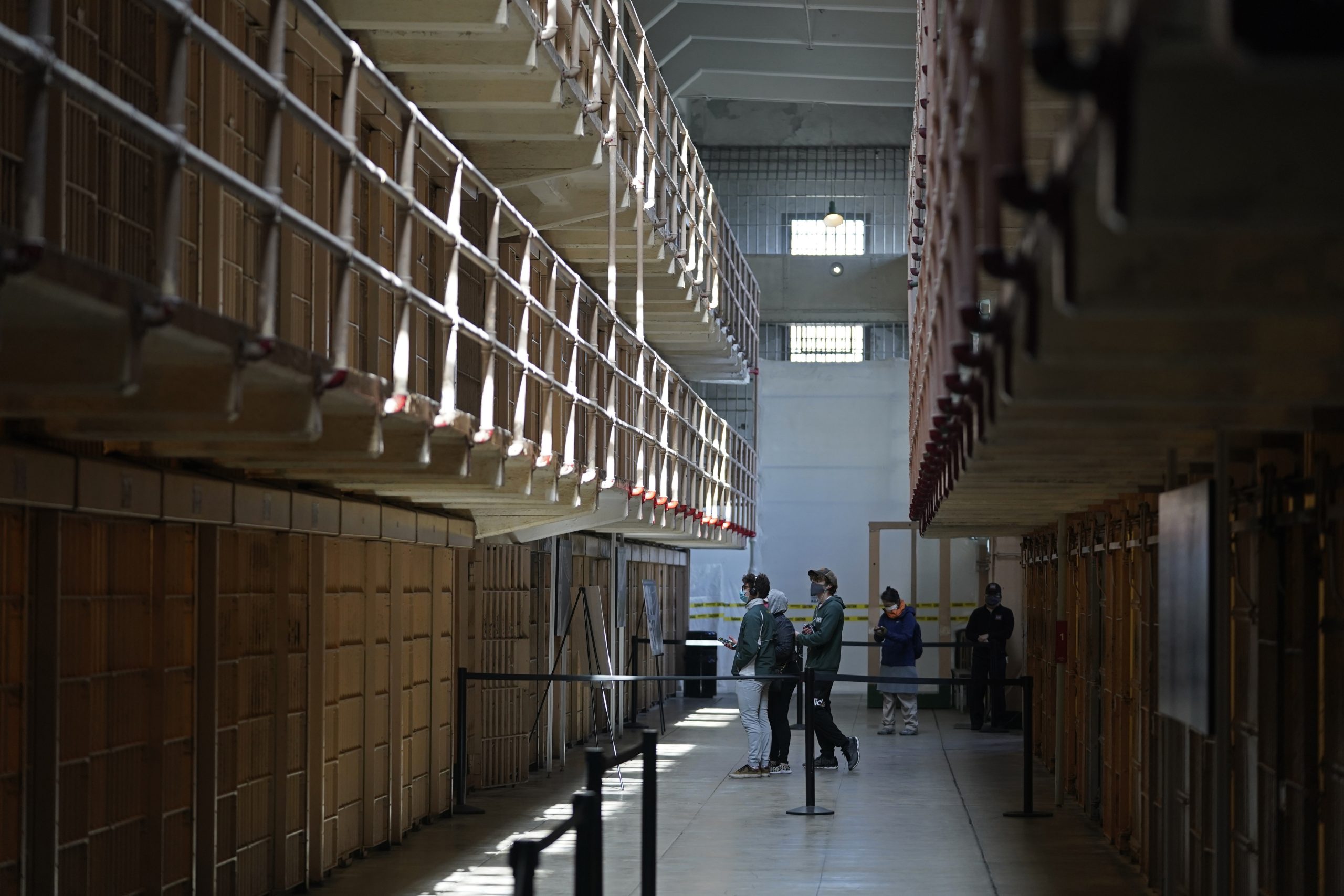Qatar’s major international airport has reopened its airspace after dozens of flights heading to the Middle East were diverted or cancelled; however, travel chaos for Australians trying to head to the region for a holiday or stopovers to Europe is ongoing.
Qatar’s airspace was closed after attacks on a US air base in the country at 2.45am (AEST), diverting flights from dozens of airlines, including Qatar Airways, Emirates, Etihad and FlyDubai.
The airline confirmed that while the airspace is now back open, there will be run-on effects, including their flights in and out of Europe, Asia and North America from Australia.
READ MORE: Iran launches missile attack on US base in Qatar
Several flights headed to Doha from Australia are still being impacted this morning.
Qantas flight QF33 heading to Paris, leaving from Perth, has been turned back to Perth, while flight QF9 from Perth to London has been diverted to Singapore, a spokesperson for the airline confirmed.
Passengers on that flight will be given overnight accommodation until the airline can rebook them.
“Due to airspace closures and congestion through the Middle East resulting in air traffic restrictions, QF9 (Perth-London) has been diverted to Singapore and QF33 (Perth-Paris) is returning to Perth,” a spokesperson for Qantas said.
“We continue to monitor airspace availability closely and will alter our schedule as required.”We thank our customers for their patience and understanding.”
Two Virgin flights operated by Qatar and three Qatar Airways flights from Melbourne, Sydney, Brisbane, Adelaide and Perth have been diverted.
The flights are landing in other countries, including India and Singapore.
Another three flights scheduled to leave from Australian airports to Doha today have been cancelled.

CEO of the Australian Travel Industry Association, Dean Long, said impacted flights would be held in other countries until it is safe to leave.
“Those flights will be held in those countries for as long as it needs to be to be safe,” Long said.
“They’ll then be put back on those planes after those crew have been rested and moved to their final destination.”
“If you’re travelling in the next 24 or 72 hours, do not cancel.
“The airline or your travel agent will be in contact with you if your flight is cancelled.
“If you don’t want to travel, you get a full cash refund, and if not, the Airline has the responsibility to put you on another plane to get you to where you need to go to.”
Qatar Airlines said that while the airspace is open, significant delays are expected.
”As operations resume, we anticipate significant delays to our flight schedule. We would advise passengers to check qatarairways.com or the Qatar Airways mobile application ahead of travel.”
The disruptions are the biggest yet for air traffic in the region.
Qatar Airways runs a massive global operation out of its airport in Doha, connecting more than 170 destinations around the world.
Turkish Airlines suspended services to Gulf destinations, including Dubai, which is home to one of the world’s busiest airports.
Other airlines, including Singapore Airlines and British Airways, have also cancelled flights.
Qatar Airways confirmed earlier that its flights had been temporarily suspended due to the closure of its airspace.
“The airline is working closely with government stakeholders and the relevant authorities to support impacted passengers, and will resume operations when the airspace reopens,” a spokesperson for the airline said.
“Once usual operations resume, we anticipate significant delays to our flight schedule.”
The airline also said it had rescheduled flights for the next few weeks, with some departure times moved to earlier in the day.
Qatar and Dubai have a massive stake in international travel, becoming two of the biggest hubs for connecting flights to hundreds of destinations.
Dubai is home to Emirates, the world’s largest international carrier.
Hamad International Airport in Doha, in the capital of Qatar, is among the 10 largest airports in the world, operating more than 500 flights a day from its namesake carrier.
Together, they handle much of the traffic within the Middle East and are transfer points for long-haul travel between Asia, Europe and North America.
It means certain knock-on effects for the commercial aviation industry.
Air traffic controllers have managed to carve out a safe entry into Dubai in the United Arab Emirates after flights were temporarily suspended to and from the airport.
There is no indication how long the impacts will last.
9News understands a pilot told passengers that the situation in the region was “very volatile.”

